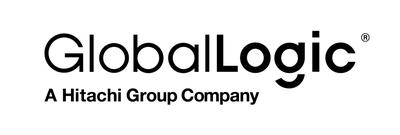Senior/Lead Mobile Test Engineer
Description:
Digital Technologies is a data-driven business implementing AI technology, computer vision, and augmented reality in the operating room (OR) and surgical training. Our first OR device allows surgical videos to be uploaded shortly after a procedure, using advanced AI automatic processing.
We also provide award-winning, accessible surgical training on our Touch Surgery application for surgeons and other healthcare professionals. Design and Technology are core to how we do this, and we are looking for a contract Mobile Test Engineer with native iOS and Android development
experience to welcome into our team. If you are looking for a real purpose behind what you do, this role is a genuine opportunity to make a difference.
Requirements:
- Proven experience in native mobile testing.
- Experience in Non-Functional and Functional Test Approaches and Techniques
- Strong programming skills and demonstrable experience automating acceptance criteria (preferably Kotlin and Swift).
- Experience with native mobile testing frameworks.
- Attention to detail, proactive and excellent communication skills with technical and non-technical team members.
- Demonstrable experience working within an Agile SDLC and applying holistic test practices iteratively throughout the product development cycle.
Nice to have:
- Experience with ATDD or BDD.
- Knowledge of Testing Quadrants and Holistic Testing Model
- Experience with DevOps tools for Continuous Integration (CI) testing.
Responsibilities:
- Work closely with the cross-functional members of the core product project team to refine the acceptance criteria and ensure the definition of done for the story, features, and release levels is known and specified in the requirements.
- Collaborate with developers to ensure the verification and validation of acceptance criteria can be reliably checked through the delivery of testability and automated acceptance tests.
- Conduct risk-driven exploratory testing for individual stories and release candidates using charters and appropriate techniques to discover potential problems.
- Help measure how closely the product meets our quality goals and highlight risks.
- Contribute to continuous improvement by developing team guidelines, playbooks, and knowledge sharing to encourage better practices and testability and increase test coverage whilst reducing feedback loop times.
